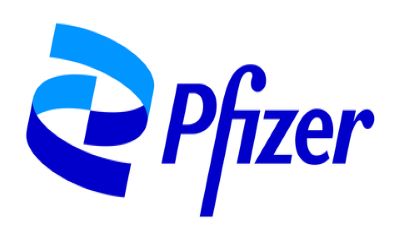
Pfizer announced positive top-line results from the Phase 3 BENEGENE-2 study (NCT03861273) evaluating fidanacogene elaparvovec, an investigational gene therapy, for the treatment of adult males with moderately severe to severe hemophilia B.
The BENEGENE-2 study met its primary endpoint of non-inferiority and superiority in the annualized bleeding rate (ABR) of total bleeds post-fidanacogene elaparvovec infusion versus prophylaxis regimen with Factor IX (FIX), administered as part of usual care.
“Pfizer has more than 30 years of experience in developing and commercializing therapies for hematological disorders, and a deep understanding of the significant challenges that people living with hemophilia continually face. We are proud to advance the latest innovation for people living with hemophilia B and are encouraged by the potential of this investigational gene therapy,” said Chris Boshoff, M.D., Ph.D., Chief Development Officer, Oncology and Rare Disease, Pfizer Global Product Development. “We are extremely appreciative of those who are participating in the trial and to the investigators contributing to this innovative research as we work to unlock the full potential of gene therapies for people living with hemophilia.”
Pfizer currently has three Phase 3 programs investigating gene therapy in populations where there is a high unmet need: hemophilia B, hemophilia A, and Duchenne muscular dystrophy. A Phase 3 trial is also ongoing investigating marstacimab, a potential novel subcutaneous therapy option being studied for the treatment of people with hemophilia A and B with and without inhibitors.
“The burden people living with hemophilia B face is significant, with many receiving routine infusions or injections which can interfere with their ability to take part in day-to-day activities that many take for granted,” said Adam Cuker, M.D., M.S., Director, Penn Comprehensive and Hemophilia Thrombosis Program. “The BENEGENE-2 data demonstrate the promise of this gene therapy candidate as a potential one-time option for people living with hemophilia B as a means of reducing the clinical and treatment burden over the long term.”
Fidanacogene elaparvovec has been granted breakthrough, regenerative medicines advance therapy (RMAT), and orphan drug designations from the US Food and Drug Administration, as well as PRIority MEdicines (PRIME) and orphan drug designation from the European Medicines Agency. Pfizer will discuss these data with regulatory authorities in early 2023.

Subscribe To Our Newsletter & Stay Updated